7 secretly toxic basement items experts warn 'cause asthma, allergies, and a host of other ailments' – plus what you need to do with them ASAP
There are worse things than spiders lurking in dark basement corners


Basements are often neglected spaces used for storage, laundry, or DIY projects, but they may harbor hidden toxic items that could be quietly impacting your health.
From mold and mildew to volatile compounds in 'off-gassing', there are several toxic substances that can thrive in basements, right under our noses.
Here, top toxicologists have revealed the seven secretly toxic things at home you need to deal with in your basement now to instantly make your home healthier.
7 toxic basement items toxicologists urge you to deal with ASAP
1. Moisture
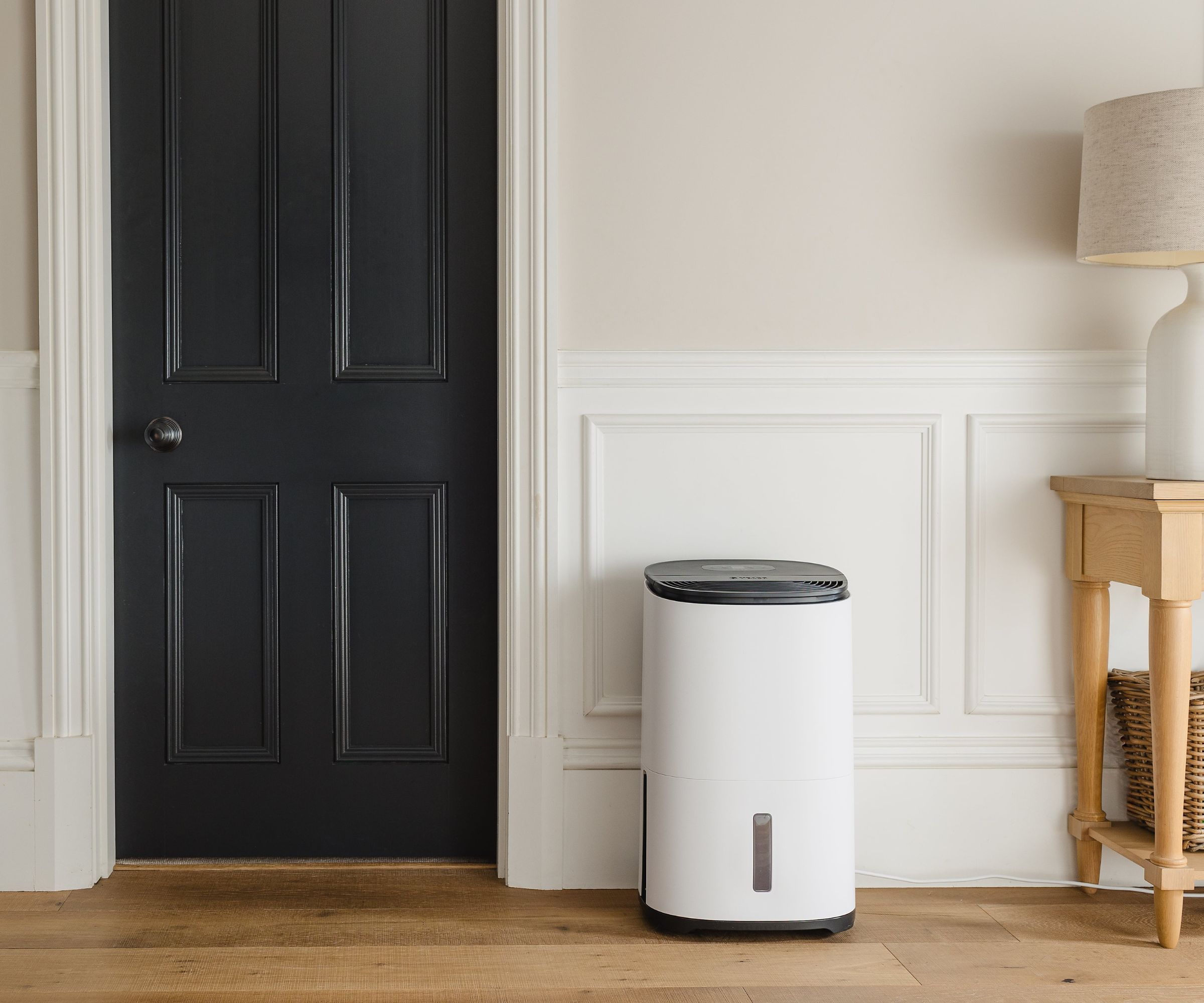
Moisture is the most common cause of toxicity in basements as it's the leading cause of mold and mildew. Shanina Knighton, PhD. research associate professor at Frances Payne Bolton School of Nursing at Case Western Reserve University explains, ‘Standing water leads to mold, pests, and musty air. Dehumidifiers and regular leak checks help prevent chronic allergies, headaches, and breathing problems.
‘You should also check for clogged drains and spouts collecting grime and bacteria. Flush monthly with bleach or vinegar to prevent buildup and odors. Mold exposure here can cause sinus issues and respiratory irritation.
‘Furthermore, damp laundry grows mold in 24-48 hours. Leaving it too long can trigger skin irritation, coughing, and congestion. Dry clothes immediately when doing laundry in basements.’
There are some smart ways to ventilate a basement even if it does not have windows to keep air moving reduce the likelihood of mold growth and help to get rid of musty basement smells. Waterproofing a basement is also a good idea to avoid flooding.
Having clear moisture channels, where air can circulate will help reduce this risk. Pull furniture away from heat vents and radiators, and allow some space between the back of an item and the wall if possible.
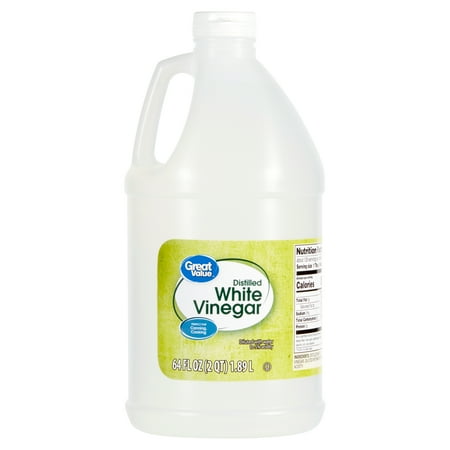
Vinegar is one of the best choices to get rid of black mold in your home. Saturate the affected area and allow it to sit for 15-30 minutes before wiping away and allowing to dry completely.
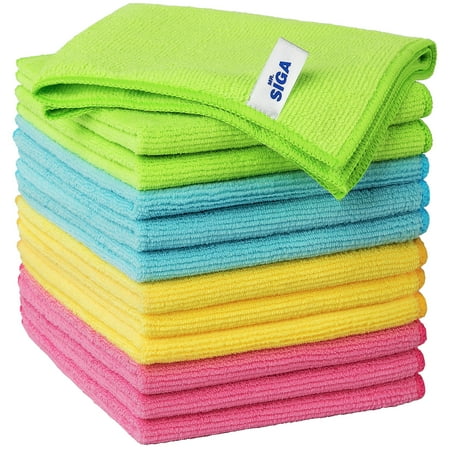
Microfiber cloths are machine washable, making them a great sustanable option for cleaning mold. Simply wash in hot water with a good detergent after use.

Perfect for smaller areas such as basements, this dehumidifier helps to reduce air humidity to prevent the growth of mold and mildew.
2. Cleaning product storage
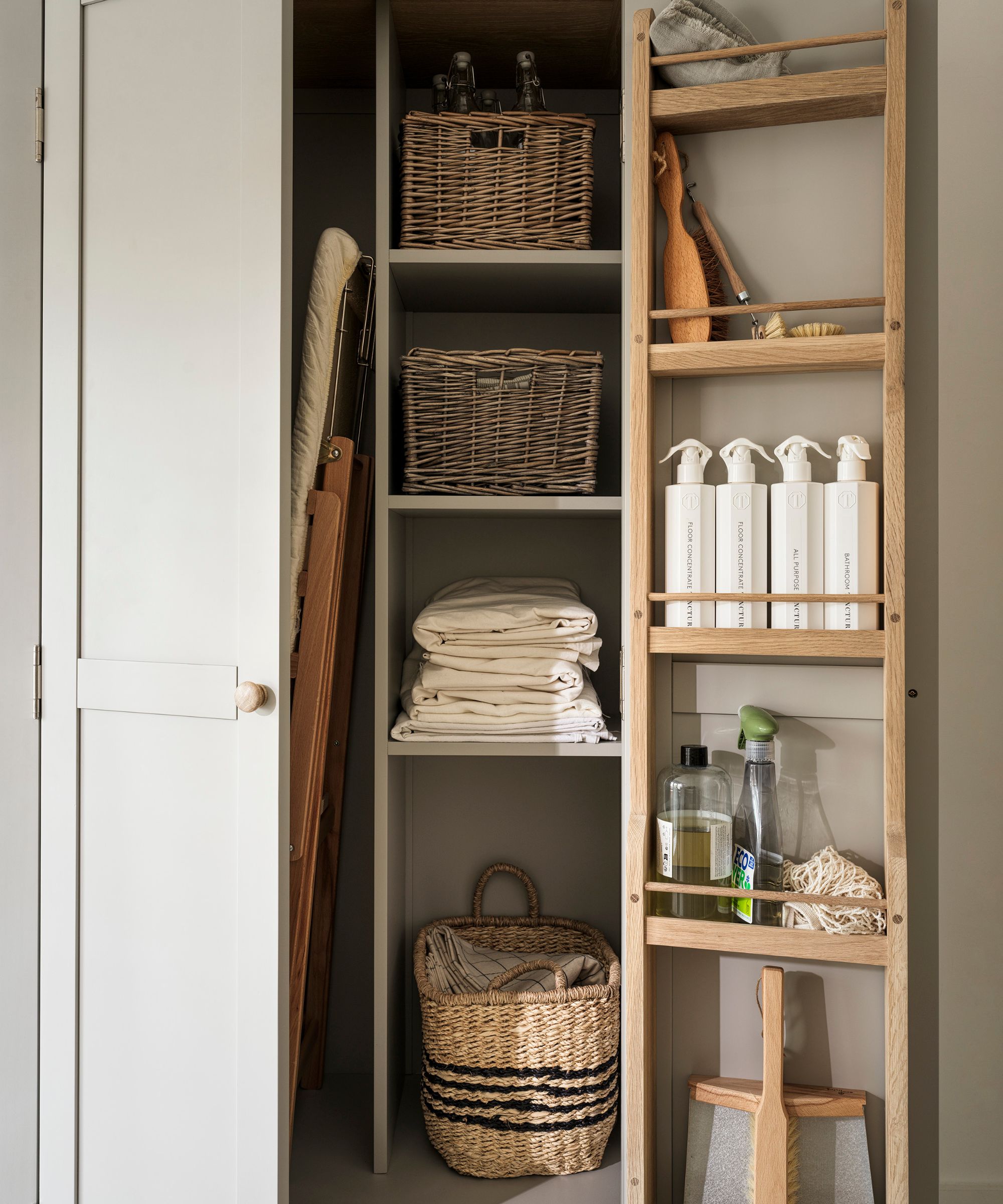
Shanina Knighton, PhD. adds, ‘Improper storage of bleach, ammonia, and other chemicals can release toxic fumes, leading to coughing, nausea, and lung irritation. Keep them sealed and separate.’
You also don't need harsh chemicals to clean well. We highly recommend following a toxicologist's tips for buying cleaning products and educating yourself on the cleaning product ingredients to avoid bringing dangerous products into your home in the first place.
When organizing cleaning supplies, consider color-coding cleaning products to avoid cross-contamination, and store them in concealed storage to keep them out of reach of children and pets.
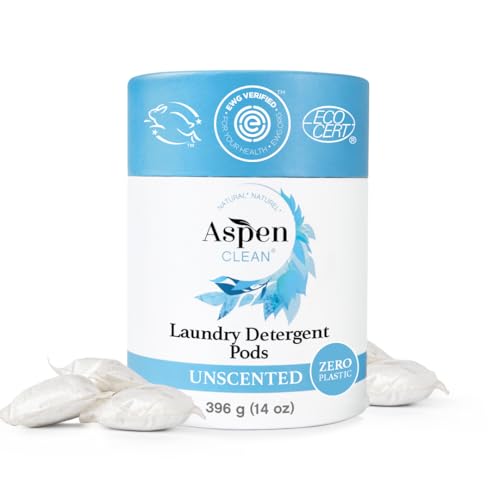
Environmental Working Group (EWG) Certified, these laundry pods are certified healthier for use in your home, helping to cut out toxic laundry room items.
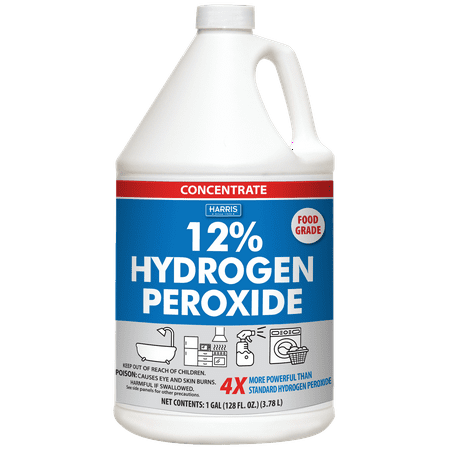
You do not need harsh chemicals to clean. Hydrogen peroxide is non-toxic but still kills bacteria and most dangerous pathogens, making it is fantastic, safe alternative to bleach.
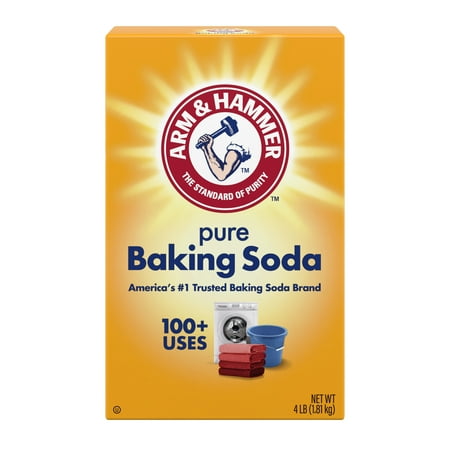
Baking soda is a natural abrasive that helps break down tough deposits without scratching delicate surfaces such as metal and glass. Mixed into a paste with water or use with vinegar for fizzy cleaning. It's safe for use in most areas of your home.
3. Batteries
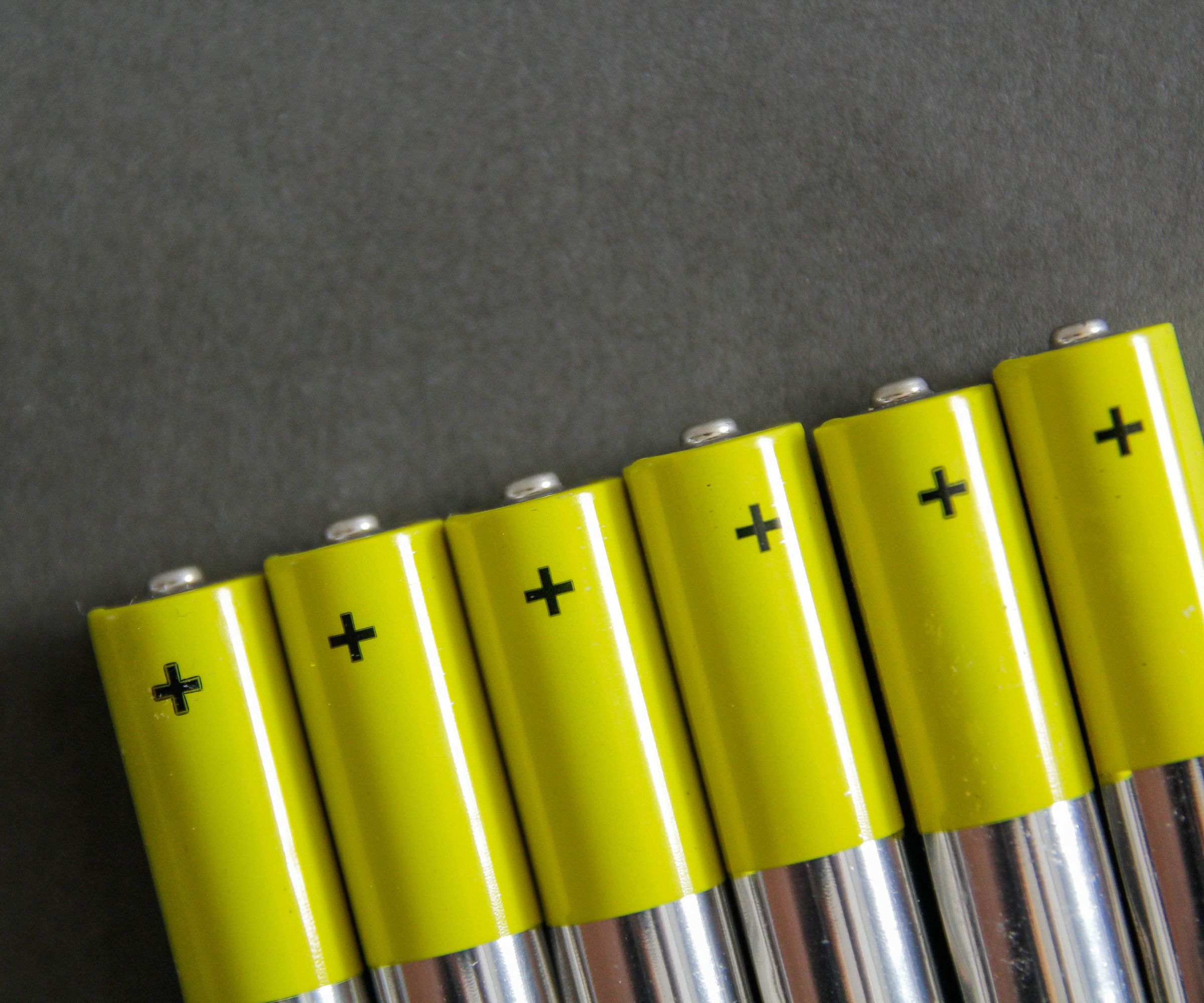
Although batteries are an essential item to keep in your junk drawer, you should store them in a temperature and humidity-stable spot to stop them from degrading and turning toxic.
Forrest Webber, owner of Bear Brothers Cleaning says, ‘Old leaking batteries produce chemical hazards such as lead, lithium, and cadmium that can contaminate surfaces and air quality – dispose of expired batteries at proper recycling centers. Companies like TriHaz Solutions can take care of them, too.’
You can find handy battery storage cases on Target with 60 slots for all battery sizes, perfect for the safe storage of these surprisingly dangerous essentials. It also comes with a battery tester, so you can quickly identify old batteries that need to be disposed of safely.
4. Basement carpets
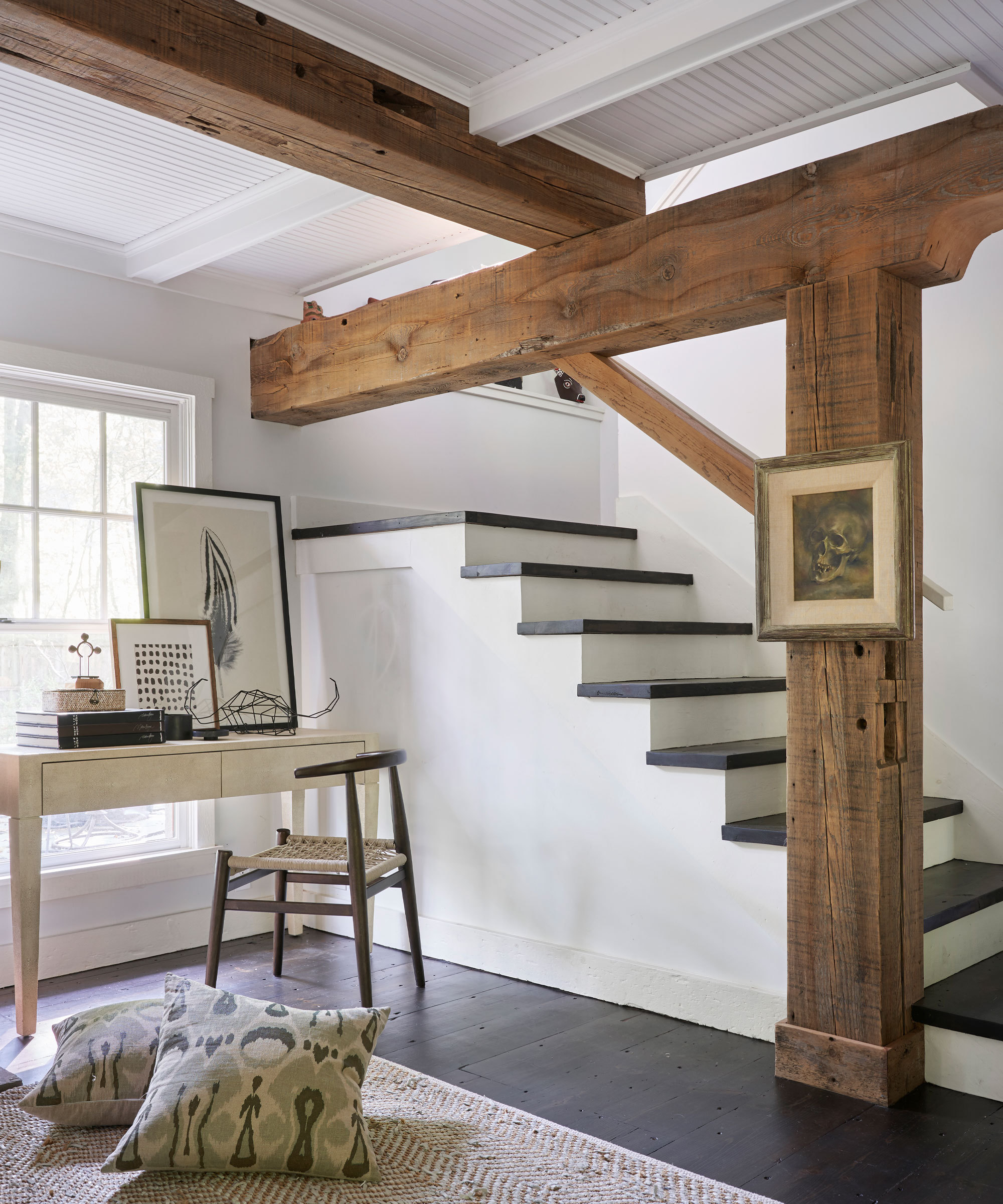
If you have not fully waterproofed or renovated when installing your basement ideas, you may need to be wary of which basement floor idea you go with.
Robert Weitz, certified microbial investigator and principal at RTK Environmental Group warns, ‘With rugs serving as a haven for dirt, bacteria, and mold spores, you’ll probably never look at carpeting the same way again. Every time you walk across that carpet, you may be releasing mold spores and unhealthy microorganisms into the air. Doing so may cause asthma, allergies, and a host of other ailments.
‘So, you may want to move your yoga mat upstairs before your downward dog brings you within inches of a health problem.’
If you do have a carpeted basement, why not consider investing in one of the best carpet cleaners? Tested by our home tech editor and vacuum cleaner expert, Dan Fauzi, the Bissell Revolution HydroSteam Carpet Cleaner, available at Amazon, received a five-star review after our thorough review process.
Dan loved it for its astonishing ability to tackle years-old stains, and its steam power to kill bacteria.
5. Radon gas

Unseen gasses are one the many ways your house is making you ill.
Amberly Johnson, director of Utah Poison Control Center at the University of Utah explains, ‘Radon is a colorless, odorless, and tasteless gas that comes from the natural breakdown of uranium in soil, rock, and water. Radon gas escapes into the air we breathe and can enter our homes through basement crawlspaces, foundation cracks, floors, and walls. Radon gas can damage the lungs and is the second leading cause of lung cancer.
‘Preventing poison exposure in our homes is crucial. Begin by testing your home for radon. You can purchase radon test kits by calling the National Radon Hotline at 1-800-SOS-RADON, or you can find these kits at most home improvement stores.
'Additionally, your state radon program may offer free or discounted test kits and can provide information about certified service providers if your home's radon levels are high and require mitigation or repair.’
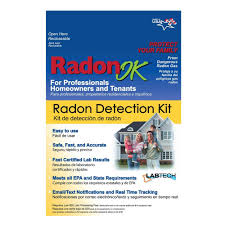
LABTECH Radon Ok Radon Detection Kit offers a proven short-term method that provides professionals and residents with a quick assessment of a dwellings mode level. This kit has three easy DIY steps.
6. Old paint
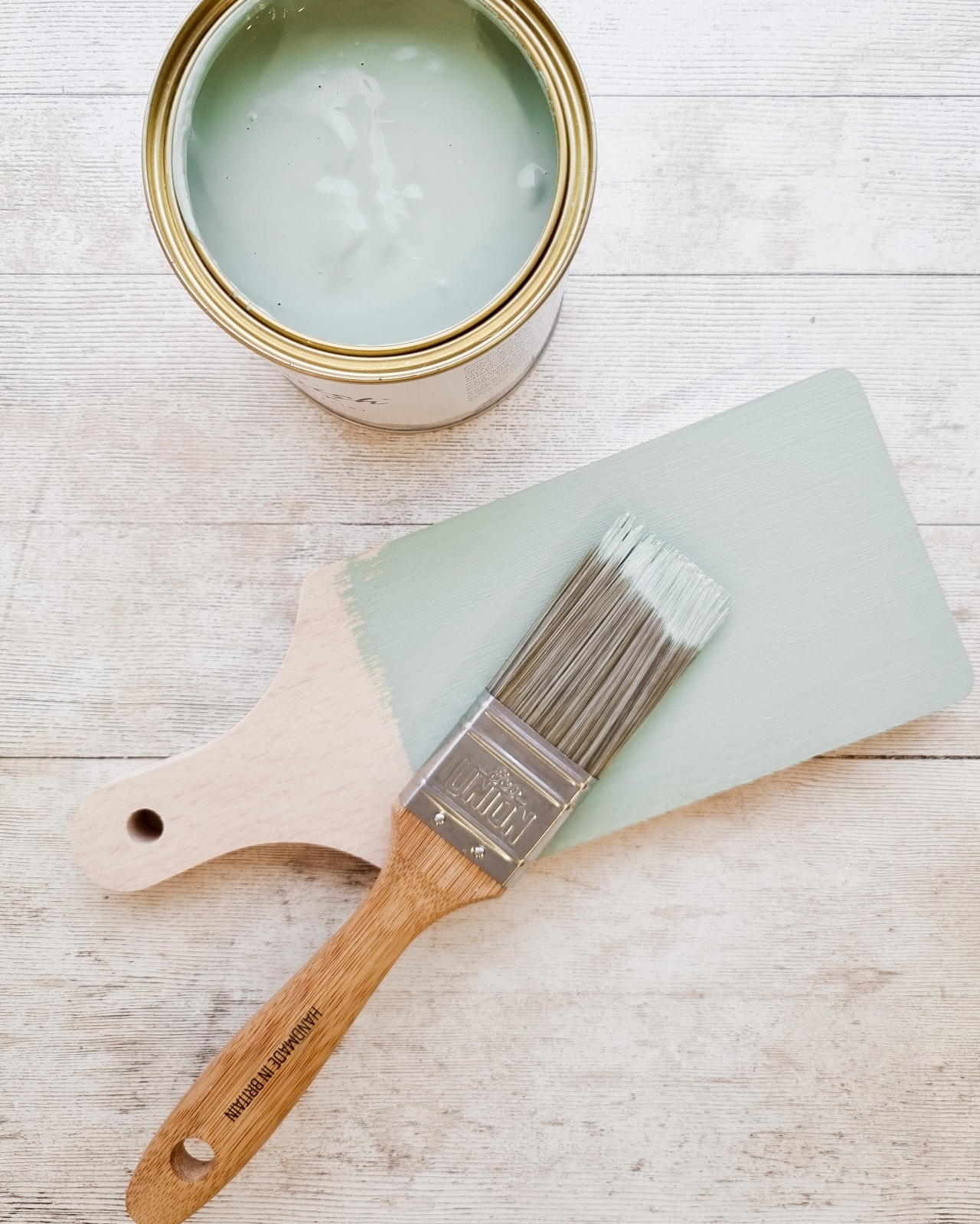
We all have the odd tin of paint lying around from past projects. While it might seem harmless to hold onto them just in case, you must dispose of paint properly.
Forrest Webber urges, ‘You must dispose of old paints and expired cleaning products at a hazardous waste facility. Leftover paints, varnishes, and solvents can create a compound that may be harmful and a fire hazard.’
If you like to hold onto old paint in case a wall is scuffed or damaged in the future, consider picking up some touch-up paint pens from Amazon. Simply fill them up with some leftover paint from the tin before you dispose of the rest safely, label them with the room they are for, and store them securely in your toolbox. Now you can quickly tough up scuffs with minimal effort and far less risk.
7. Damaged or unserviced HVAC systems
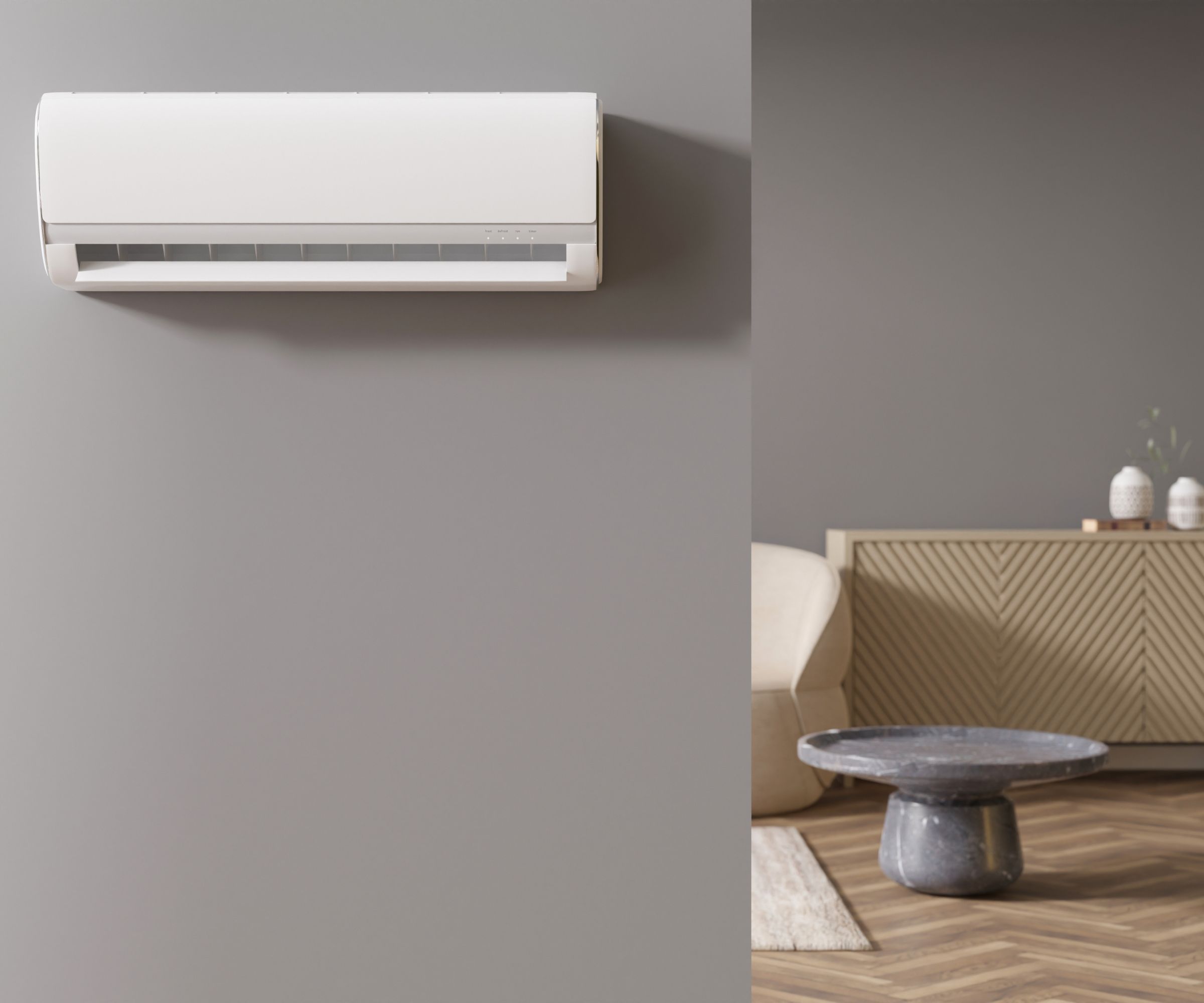
A damaged or unserviced HVAC system does more than make your heating system work harder. Amberly Johnson warns, ‘Carbon monoxide is produced when fuels, such as gasoline and natural gas, are not burned completely during use. Our heating systems, water heaters, and other fuel-burning appliances can generate dangerous levels of carbon monoxide if they are not functioning properly.
‘Common symptoms of carbon monoxide poisoning include headache, dizziness, upset stomach, vomiting, and weakness. More serious symptoms can include loss of consciousness and even death.
‘I highly recommend installing an Underwriters Laboratory-approved carbon monoxide monitor, such as the Kiddie Battery Operated Carbon Monoxide Alarm [at Walmart] on each level of your home, especially near sleeping areas. Remember to replace the batteries in these monitors twice a year.'
Our dedicated guide on where to install carbon monoxide monitors in your home will come in handy to narrow down the key locations in yours.
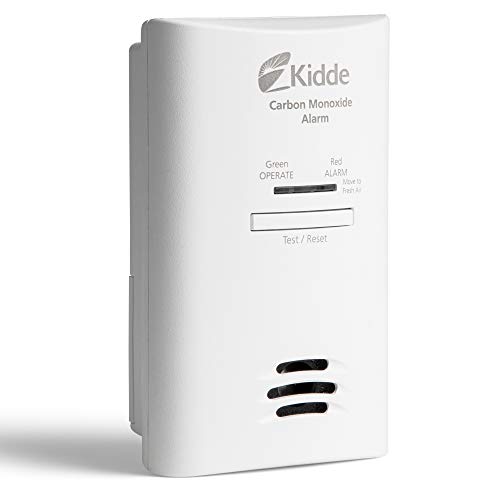
If you aren't sure you will remember to change the batteries regularly, consider a plug-in carbon monoxide detector instead. This model comes with a back-up battery so it will still function in the event of a power outage.
Amberly continues, 'If your carbon monoxide detector alarms continuously, leave your home immediately and get to fresh air. If you or others feel dizzy, light-headed, or nauseated, get medical help immediately. Call 911 if someone is unconscious or has trouble breathing.’
It is also vital to know how often an HVAC system should be serviced to stay safe – Amberly recommends ‘Have your heating systems, water heaters, and other fuel-burning appliances serviced by a licensed professional each year.’ As an added bonus, it can make heating more efficient, saving you money at home too.
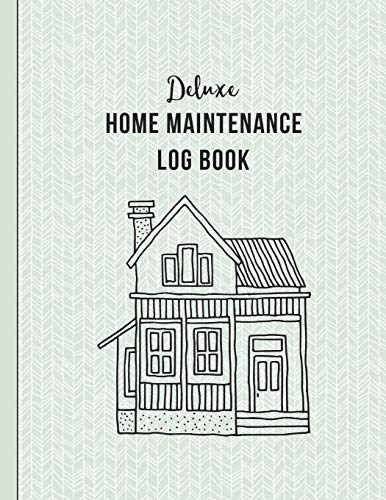
This logbook comes with 12 years worth of space to keep track of home maintenance, servicing information, insurance details, and DIY project checklists to make maintaining a household simpler.
Meet the experts

Shanina C. Knighton, PhD. is a nurse, scientist, infection preventionist and solutionist, specializing in innovating and creating processes, programs and technologies that will save lives.
She is also the author of guidelines used by government agencies to implement infection prevention policy and has received several national awards in both research and practical application.

Amberly is a widely recognized expert on toxicological issues and has given over 30 presentations to groups such as Utah health departments, emergency responders, and local and national associations.
Johnson also serves as a member of the Fatality Review Team of America’s Poison Centers as well as on four state review and advisory committees that monitor substance abuse and related deaths.

Robert has over 30 years of experience as an environmental inspector, assessing homes and commercial properties to identify root causes of hazards and breaking down the next steps for remediation.
As principal of RTK Environmental Group, he specializes in identifying and testing for mold, lead, water, soil, asbestos, radon, PCBs, VOCs, indoor air quality, and more.

Forrest is the founder and CEO of Bear Brothers Cleaning. Forrest spent the last year as a residential electrician with the goal of obtaining the knowledge to run his own home service company.
It isn’t just basements you need to worry about. There might be some secretly toxic things in your bedroom that could be impacting your sleep, and toxic storage items in your bathroom worth swapping out now.
Sign up to the Homes & Gardens newsletter
Design expertise in your inbox – from inspiring decorating ideas and beautiful celebrity homes to practical gardening advice and shopping round-ups.

Chiana has been at Homes & Gardens for two years and is our resident 'queen' of non-toxic living. She spends most of her time producing content for the Solved section of the website, helping readers get the most out of their homes through clever decluttering, cleaning, and tidying tips. She was named one of Fixr's top home improvement journalists in 2024.
You must confirm your public display name before commenting
Please logout and then login again, you will then be prompted to enter your display name.
-
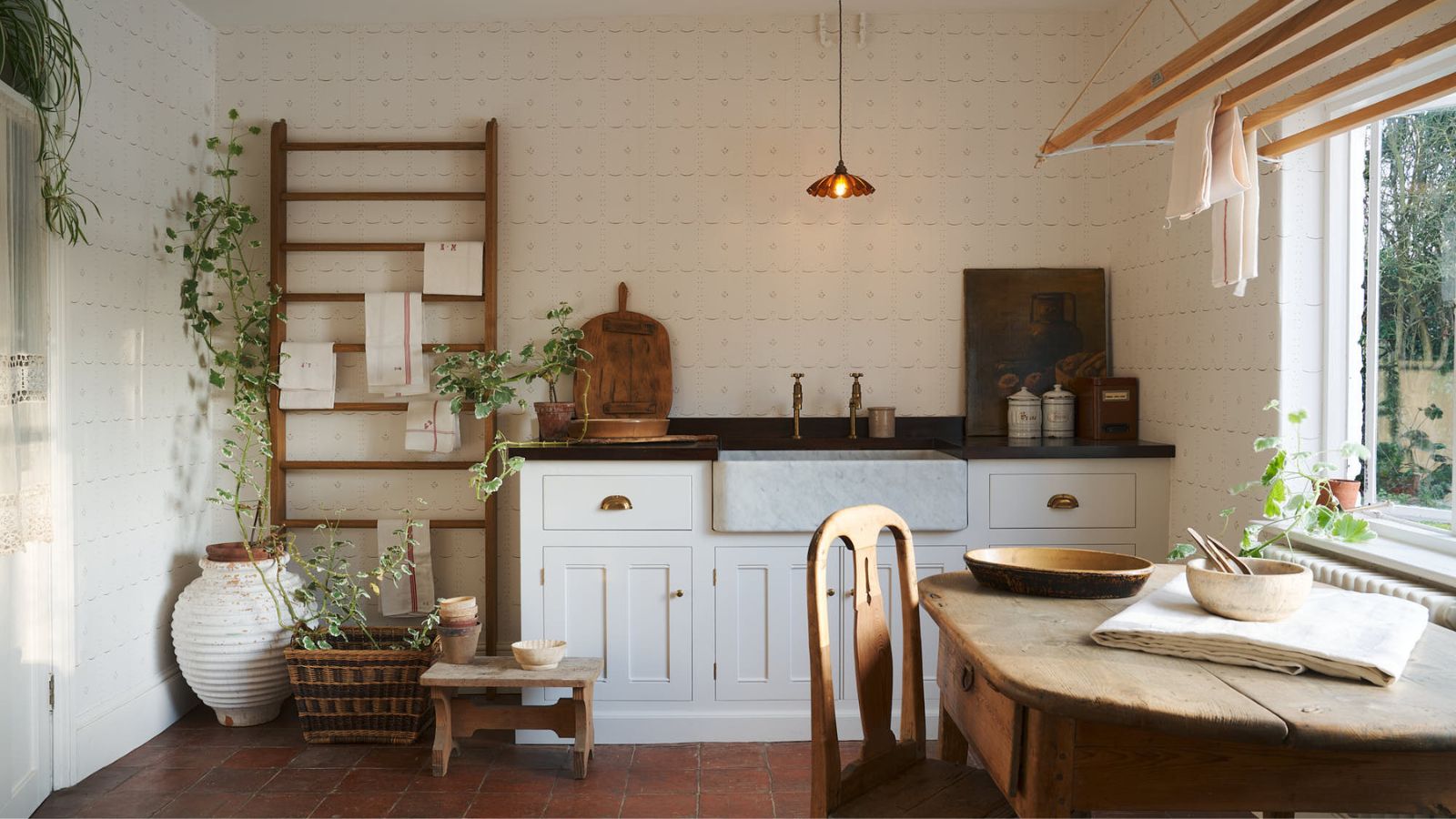 Suddenly, every stylish room has this one simple piece of furniture in common – why designers are loving the versatility of the humble stool
Suddenly, every stylish room has this one simple piece of furniture in common – why designers are loving the versatility of the humble stoolBehold, the humble stool. A welcome addition to any room, stools are a much-loved household essential that interior designers love for these 5 reasons
By Eleanor Richardson
-
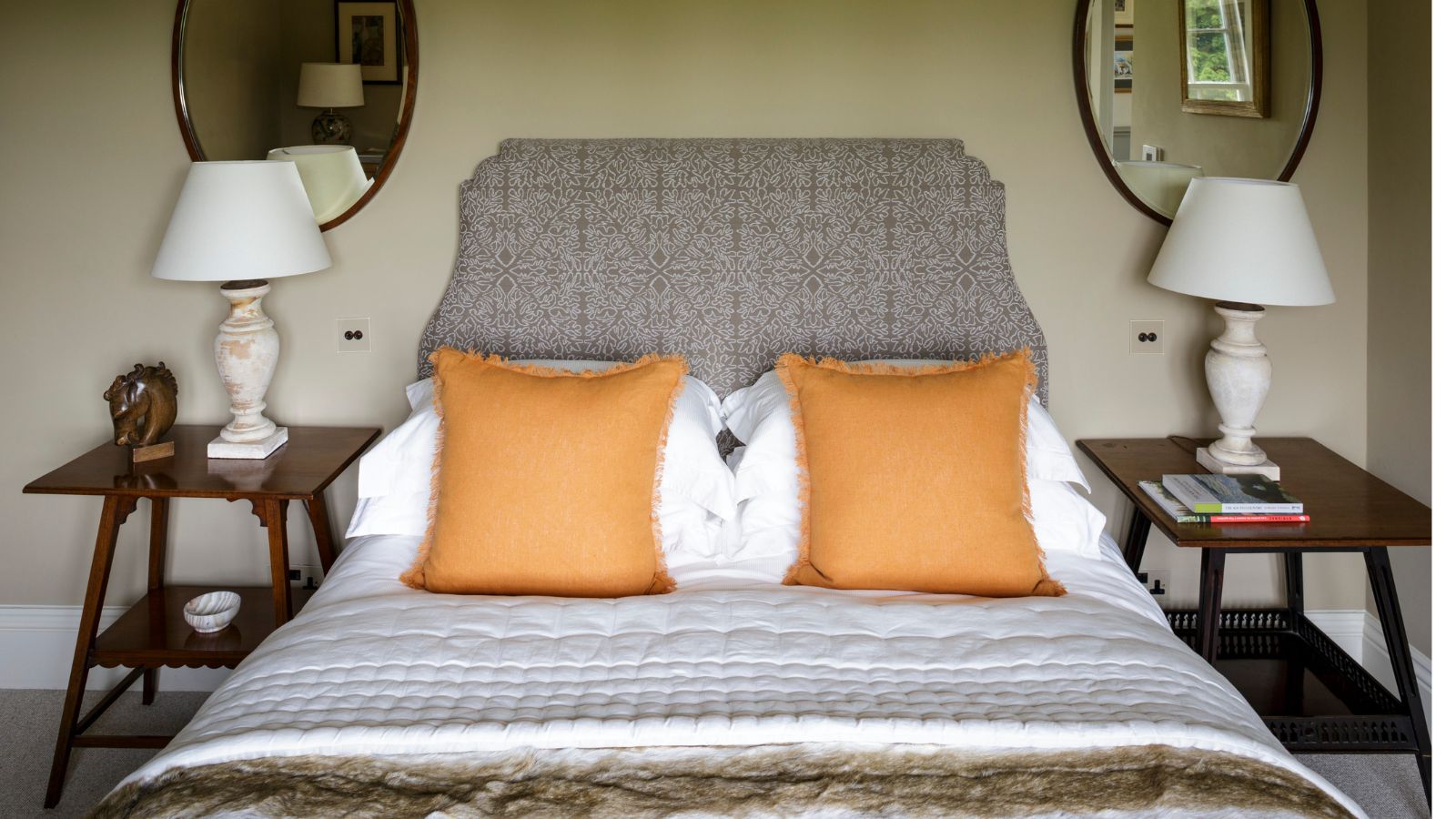 5 surprisingly practical ways to re-purpose old bed sheets for cleaning, decluttering and storage at home
5 surprisingly practical ways to re-purpose old bed sheets for cleaning, decluttering and storage at homeDon't ditch worn-out bedding – there's life in them yet
By Natasha Brinsmead
-
 5 surprisingly practical ways to re-purpose old bed sheets for cleaning, decluttering and storage at home
5 surprisingly practical ways to re-purpose old bed sheets for cleaning, decluttering and storage at homeDon't ditch worn-out bedding – there's life in them yet
By Natasha Brinsmead
-
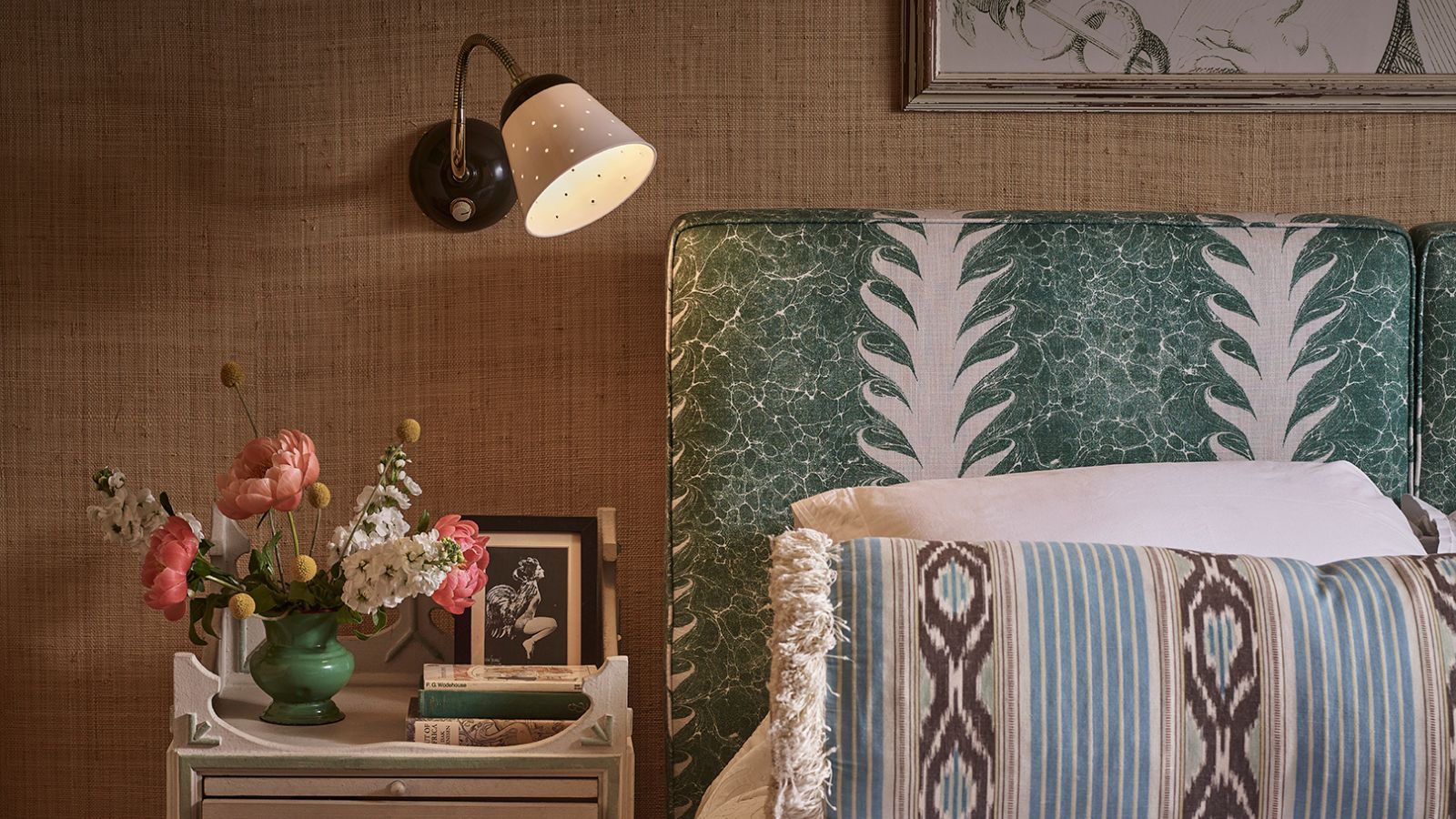 Do you need to turn the lights off when you leave a room? Experts have ended this time-honored debate once and for all
Do you need to turn the lights off when you leave a room? Experts have ended this time-honored debate once and for allOn or off? We delve into the details of this age-old dispute
By Chiana Dickson
-
 I tried the baking soda trick to quickly and naturally clean my outdoor rug – it’s now set for Easter outdoor hosting
I tried the baking soda trick to quickly and naturally clean my outdoor rug – it’s now set for Easter outdoor hostingBaking soda is perfect for lifting dirt and debris
By Eve Smallman
-
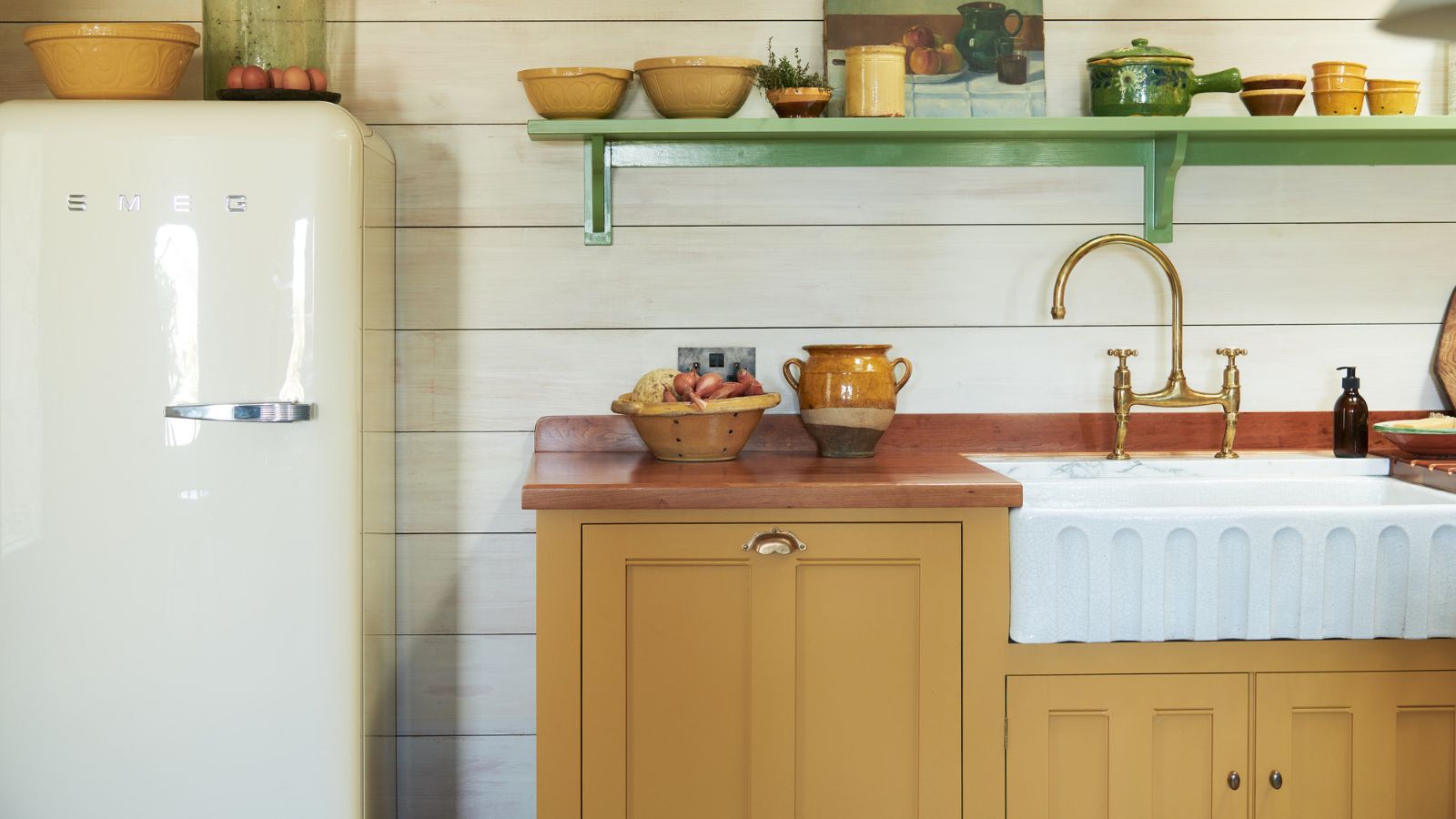 The 5 worst things you can do to your fridge – these will drive up energy costs and result in pricey and regrettable repairs
The 5 worst things you can do to your fridge – these will drive up energy costs and result in pricey and regrettable repairsIt's crucial to swerve these blunders, appliance experts warn
By Ottilie Blackhall
-
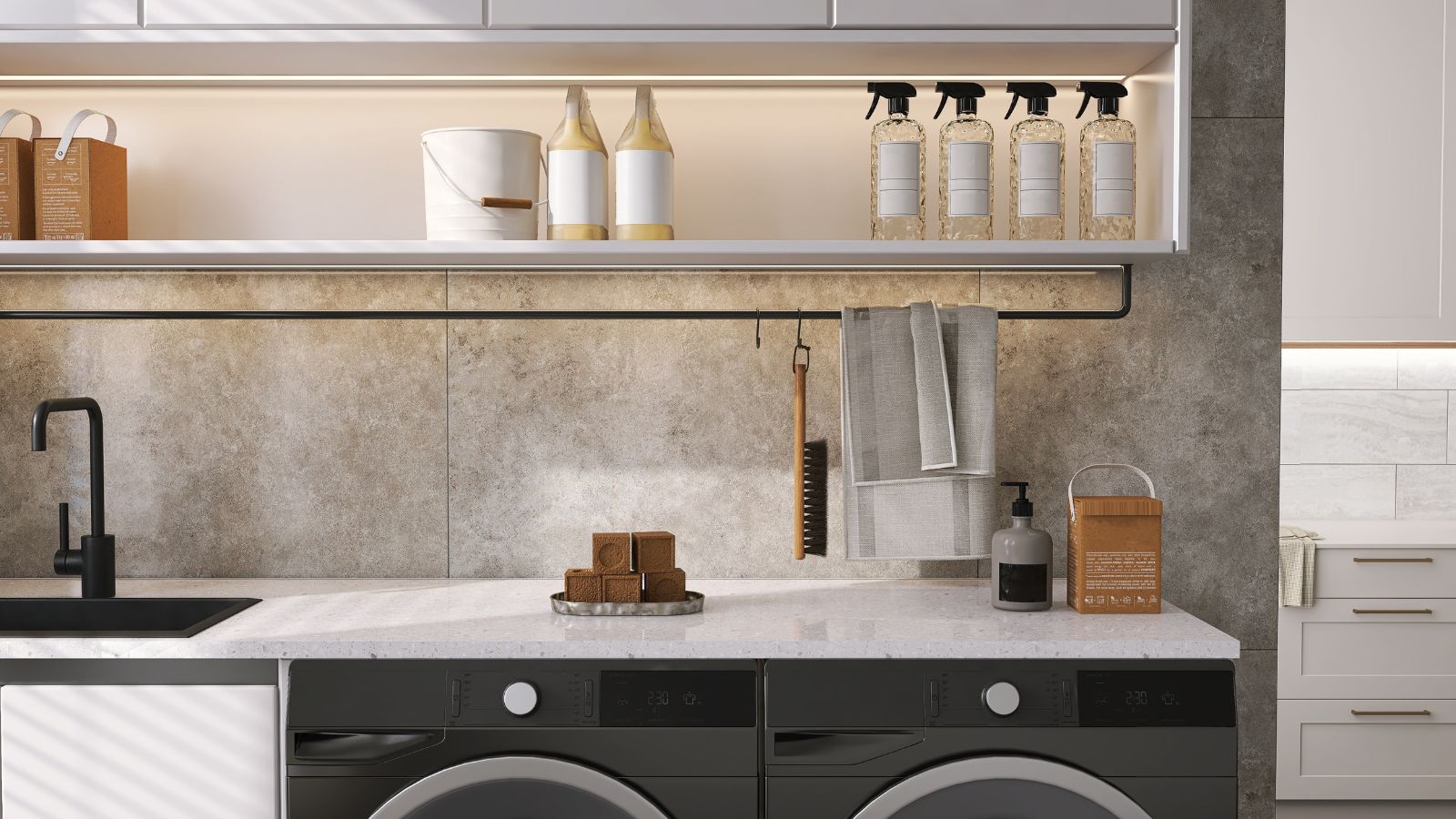 Extend the lifespan of your appliance with 5 simple but crucial washing machine maintenance tips
Extend the lifespan of your appliance with 5 simple but crucial washing machine maintenance tipsFrom cleaning the filters to keeping the door open, experts reveal the washer tips they swear by
By Andy van Terheyden
-
 5 vital ways a home battery backup can help with your most urgent needs in a power outage – from heating to flood prevention and calls
5 vital ways a home battery backup can help with your most urgent needs in a power outage – from heating to flood prevention and callsExperts say they're a worthy investment
By Clement Feng
-
 I’m an HVAC technician, and this is when I turn on my AC each year – plus 5 checks I always do beforehand
I’m an HVAC technician, and this is when I turn on my AC each year – plus 5 checks I always do beforehandSave yourself an AC hassle by running my checks and turning it on before big heat hits
By Josh Mitchell
-
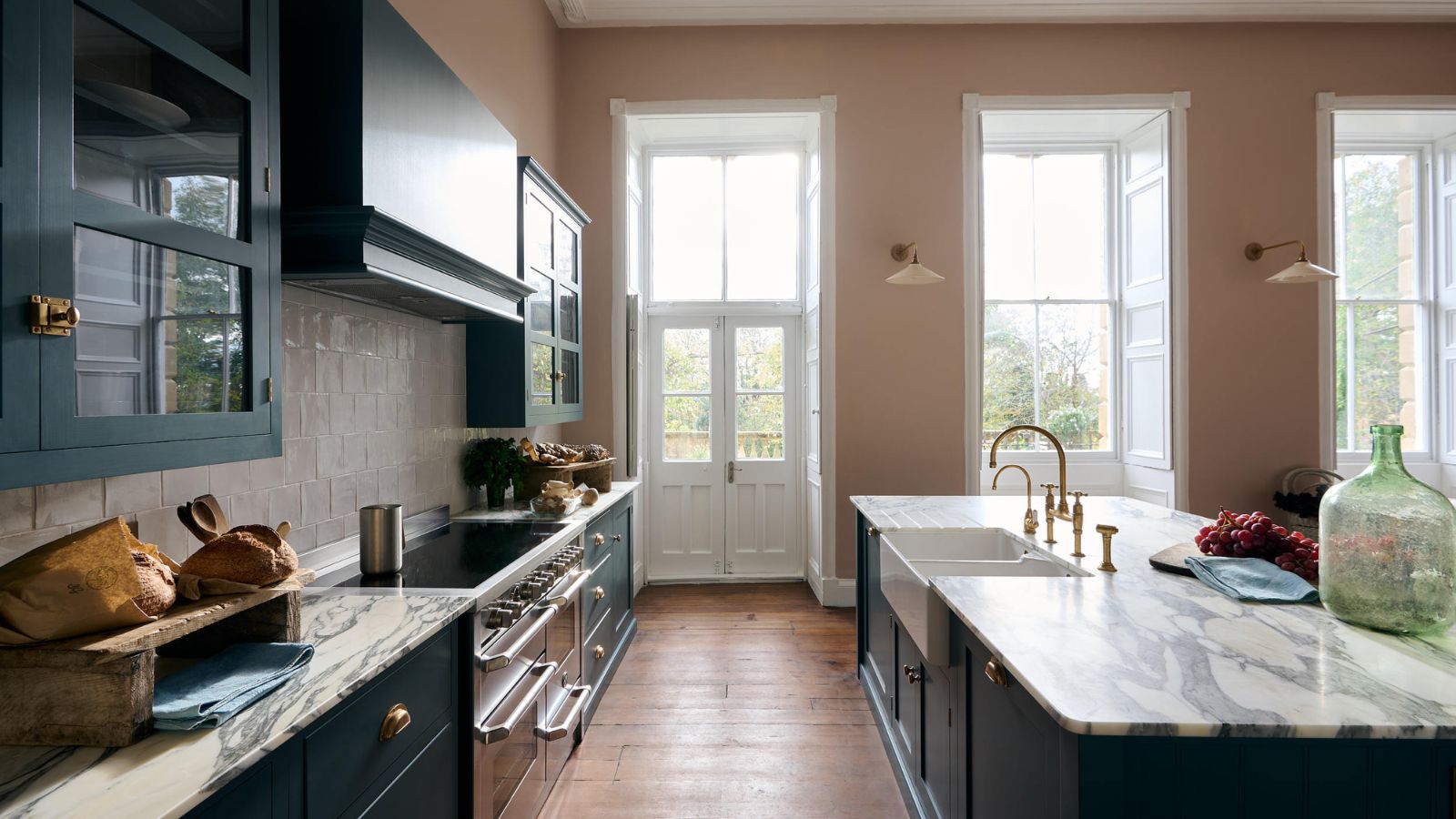 6 things you should never throw in the trash – and what to do for safe disposal instead
6 things you should never throw in the trash – and what to do for safe disposal insteadFrom batteries to space heaters, experts reveal what not to throw
By Andy van Terheyden